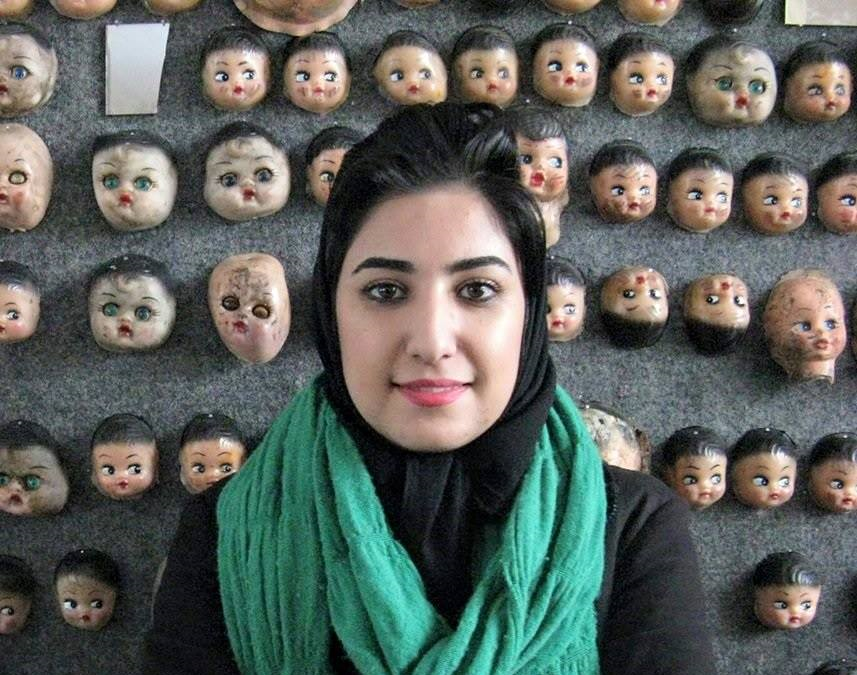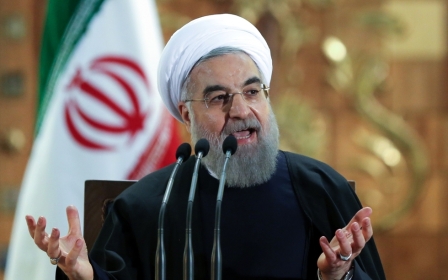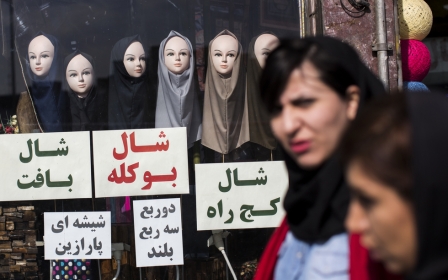Iran slammed for conducting 'virginity test' on jailed artist

Iran was criticised by rights groups this week after it confirmed carrying out a “virginity test” on a woman imprisoned for her artwork.
Atena Farghadani, a painter and political activist, was arrested in August 2014 after publishing a cartoon depicting MPs and government officials as barnyard animals on Facebook in protest against a draft law restricting access to birth control.
Farghadani, 28, was sentenced to 12 years and nine months in prison for crimes including “gathering and colluding against national security”, “insulting members of parliament through paintings” and “spreading propaganda against the system”.
In a letter smuggled out of prison last October, Farghadani said she had been forced by authorities to submit to a “virginity test”, a procedure described by Amnesty International as “a violation of international law on torture”.
She said the procedure took place shortly before a trial for “illegitimate relations” with her lawyer after the two shook hands in court.
The virginity test was used as a means to gather evidence for the trial, in which Farghadani and her lawyer were eventually acquitted.
Authorities have now confirmed that the virginity test took place, telling the UN that “prison authorities carried out tests to respond to allegations of sexual assault against her on some websites”.
The response from Iranian authorities is included in the UN’s March 2016 report into the human-rights situation in Iran, which also notes concerns over reported “violations of fair trial standards”.
After Farghadani first wrote of being subjected to a virginity test, several other Iranian women who had been imprisoned spoke out about their own experiences of the test.
Farghadani has previously spoken in a video of being strip-searched by prison guards after they discovered that she was smuggling paper cups to her cell to use as paper for paintings.
It is not known how common virginity testing is in Iranian prisons.
Amnesty International, in a briefing published on Thursday, said the practice is “highly discriminatory”, and has previously warned that it is often used to stigmatise women prisoners.
Human Rights Watch, meanwhile, has also denounced virginity tests, saying they “constitute sexual assault”.
New MEE newsletter: Jerusalem Dispatch
Sign up to get the latest insights and analysis on Israel-Palestine, alongside Turkey Unpacked and other MEE newsletters
Middle East Eye delivers independent and unrivalled coverage and analysis of the Middle East, North Africa and beyond. To learn more about republishing this content and the associated fees, please fill out this form. More about MEE can be found here.




